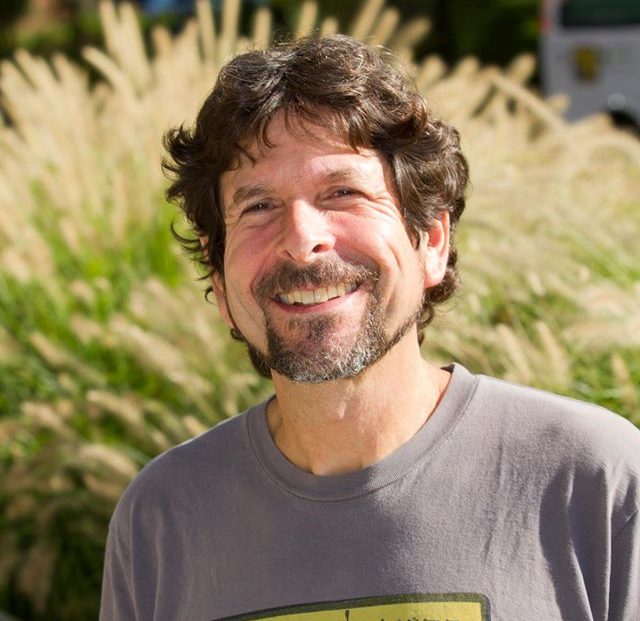“The well-being of Israelis seems to me increasingly dependent on learning from Diaspora perspectives on a variety of issues such as multiculturalism, women’s rights, secularism, tolerance for the other, and democratic values. These are all threatened in Israel today.”
The Interviewee – Ranen Omer-Sherman (Born 1957), JHFE Endowed Professor of Jewish Studies, University of Louisville. Born in Los Angeles, today Lives in Louisville, Kentucky.
In your opinion, what importance, if any, does the existence of a Jewish state have to you personally and to Jewish people in general?
“I am myself a dual Israeli citizen, helped establish a kibbutz, and served in the IDF. I am also invested as an academic, teaching and writing on Israeli literature. As for ‘Jewish people in general’ I feel that a healthy dialogue is crucial. The well-being of Israelis seems to me increasingly dependent on learning from Diaspora perspectives on a variety of issues such as multiculturalism, women’s rights, secularism, tolerance for the other, and democratic values. These are all threatened in Israel today.”
Do you feel committed in some way to defend the future existence of Israel?
“Yes. But I define Israel as ‘pre-1967’ and hope to see a day when wars are not fought in Gaza and soldiers are not sent to support an increasingly repressive occupation in the West Bank.”
Do you affiliate yourself with a specific denomination in Judaism? What is your view regarding the dominance of the Orthodox denomination in Israel religious establishment?
“I was raised in the Reform movement and helped establish a Progressive Jewish kibbutz. Today I tend to gravitate toward secularism. I am highly opposed to the repressive domination of the Haredim in Israeli civic society.“
Do you feel morally responsible for Israel’s actions (such as its management of the Israeli-Palestinian conflict)?
“Yes. Though I served in the pre-Intifada period, I am often dismayed by the role played by the IDF in supporting the more violent settlers and feel that the Occupation will continue to be a festering issue that will alienate younger Jews in the present and future generations.”
In your opinion, what is the main thing Israelis fail to understand about the reality of being Jewish outside of Israel?
“The line often blurred between ‘Jews’ and ‘Israelis’–that Israel’s military actions often have a corrosive impact on the well-being of Jewish communities abroad“
How would you describe Israel’s policy (formally and in practice) regarding its relationship with the Diaspora?
“Highly condescending at best.“
In your opinion, does Israel have an obligation to defend and help Jewish communities in need?
“Yes.“
Have you ever been to Israel? if you have, can you summarize your impressions from Israel?
“I lived there between 1975-1988 and have returned numerous times since. I feel that under the right-wing governments that have dominated since the mid-70s I have seen a worsening in the gap between rich and poor, deterioration of the environment, poor outcomes of privatization, and, to add something positive, a growing vitality in growth and other areas.“
Can you tell us a bit about the Jewish community in your hometown?
“There are 5 active synagogues of nearly every denomination here as well as an active JCC.”

